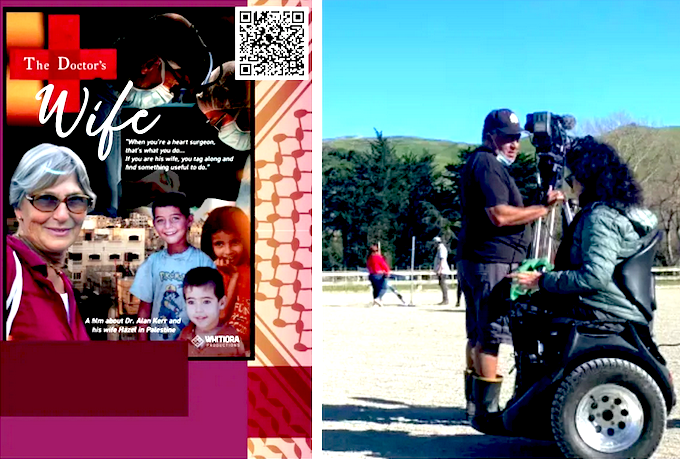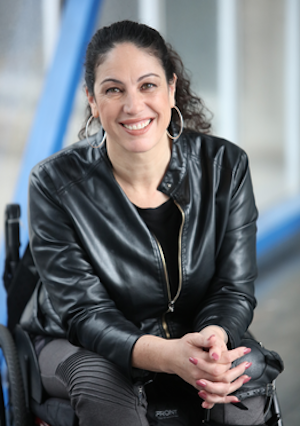
Auckland film maker Paula Whetu Jones has spent nearly two decades working pro bono on a feature film about the Auckland cardiac surgeon Dr Alan Kerr, which is finally now in cinemas.
She is best known for co-writing and directing Whina, the feature film about Dame Whina Cooper.
She filmed Dr Kerr and his wife Hazel in 2007, when he led a Kiwi team to Gaza and the West Bank to operate on children with heart disease.
- LISTEN: Go to RNZ podcast player
- READ MORE: Reports of Israeli casualties in Rafah blast and media blackout, as strikes kill 16 in Gaza
What started as a two-week visit became a 20 year commitment, involving 40 medical missions to Gaza and the West Bank and hundreds of operations.
Paula Whetu Jones self-funded six trips to document the work and the result is the feature film The Doctor’s Wife, now being screened free in communities around the country.
20 years of inspirational work in Palestine
Pacific Media Watch reports that Paula Whetu Jones writes on her film’s website:
I met Alan and Hazel Kerr in 2006 and became inspired by their selflessness and dedication. I wanted to learn more about them and shine a light on their achievements.
I’ve been trying to highlight social issues through documentary film making for 25 years. I have always struggled to obtain funding and this project was no different. We provided most of the funding but it wouldn’t have been possible to complete it without the generosity of a small number of donors.
Others gave of their time and expertise.

Our initial intention was to follow Dr Alan Kerr in his work in the West Bank and Gaza but we also developed a very special relationship with Hazel.
While Dr Alan was operating, Hazel took herself all over the West Bank and Gaza, volunteering to help in refugee camps, schools and community centres. We tagged along and realised that Dr Alan and his work was the heart of the film but Hazel was the soul. Hence, the title became The Doctor’s Wife.
I was due to return to Palestine in 2010 when on the eve of my departure I was struck down by a rare auto immune condition which left me paralysed. It wasn’t until 2012 that I was able to return to Palestine.
Wheelchair made things hard
However, being in a wheelchair made everything near on impossible, not to mention my mental state which was not conducive to being creative. In 2013, tragedy struck again when my 22-year-old son died, and I shut down for a year.
Again, the project seemed so far away, destined for the shelf. Which is where it sat for the next few years while I tried to figure out how to live in a wheelchair and support myself and my daughter.
The project was re-energised when I made two arts documentaries in Palestine, making sure we filmed Alan while we were there and connecting with a NZ trauma nurse who was also filming.
By 2022, we knew we needed to complete the doco. We started sorting through many years of footage in different formats, getting the interviews transcribed and edited. The last big push was in 2023. We raised funds and got a few people to help with the logistics.
I spent six months with three editors and then we used the rough cut to do one last fundraiser that helped us over the line, finally finishing it in March of 2025.
Our documentary shows the humanity of everyday Palestinians, pre-2022, as told through the eyes of a retired NZ heart surgeon, his wife and two committed female film makers who were told in 2006 that no one cares about old people, sick Palestinian children or Palestine.
They were wrong. We cared and maybe you do, too.
What is happening in 2025 means it’s even more important now for people to see the ordinary people of Palestine
Dr Alan Kerr and his wife, Hazel are now 90 and 85 years old respectively. They are the most wonderfully humble humans. Their work over 20 years is nothing short of inspiring.
This article is republished under a community partnership agreement with RNZ.













































